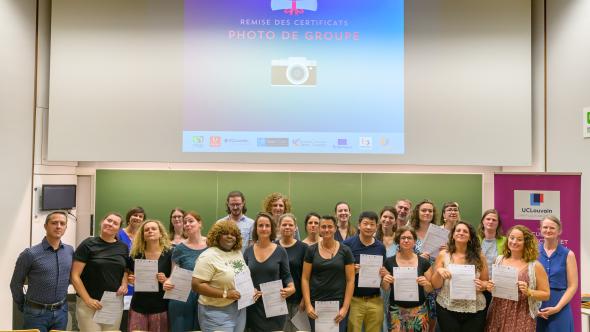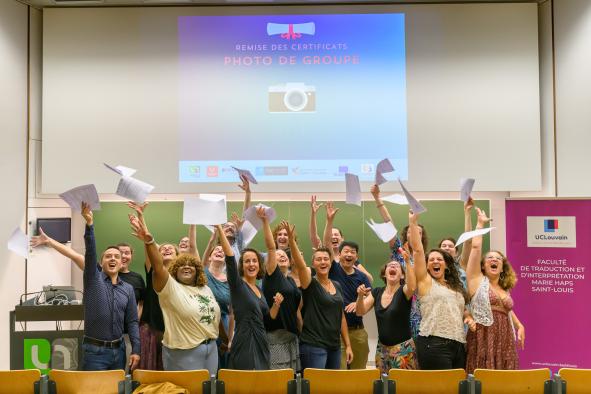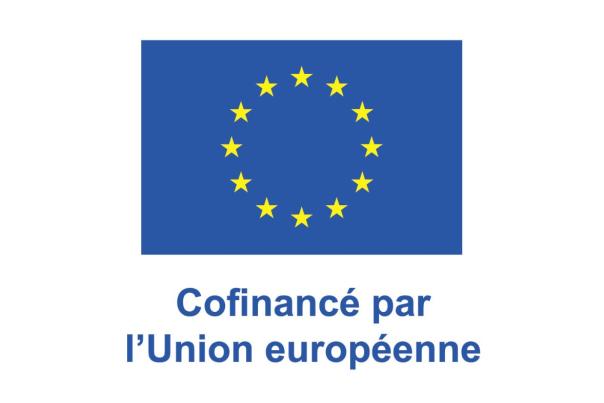Further training at UNamur: deaf graduates in teaching and sign language translation/interpretation
This June 28, 2024, the first twenty-two students of the Certificat interuniversitaire en Langue des Signes de Belgique Francophone (LSFB) et français, are proclaimed at UNamur. This is the first training course in French-speaking Belgium to be entirely designed in sign language for the deaf. It represents a significant step forward in inclusive education and the linguistic and social inclusion of deaf and hard-of-hearing people. It also highlights the strengths of deaf professionals in these fields.


